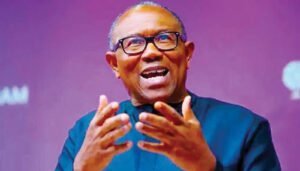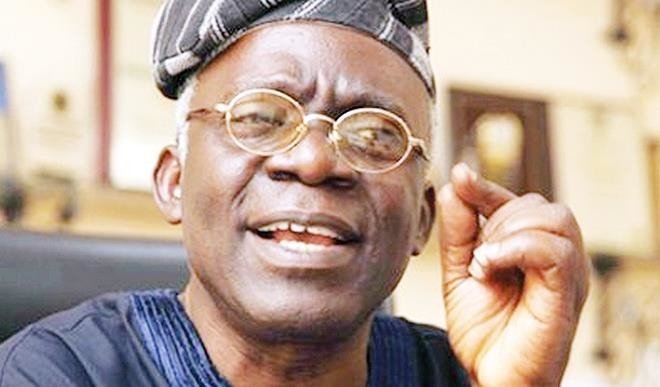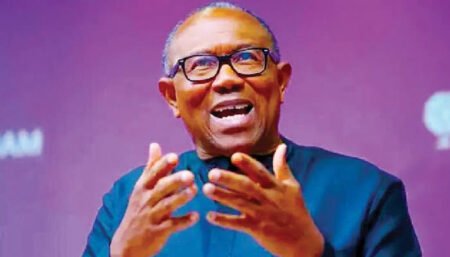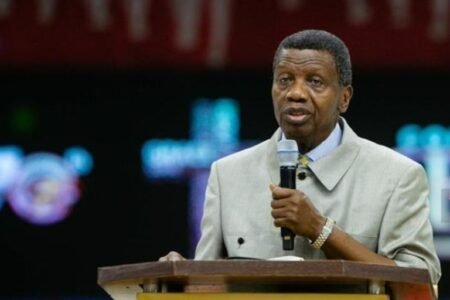Human rights lawyer Femi Falana (SAN) has encouraged President Bola Tinubu to take a more proactive approach to Nigeria’s growing poverty challenge by allocating all federal resources to social welfare projects.
The renowned lawyer made this clear in a statement released on Sunday.
Falana’s statement comes only days after Tinubu addressed APC governors, encouraging them to expand grassroots actions to alleviate economic suffering.
“Nigerians are still complaining at the grassroots. To you, the governors, you must wet the grass more and deliver progressive change to Nigerians. May God bless our democracy and grant us more fertile lands,” Tinubu had told the APC governors.
Speaking on the president’s call, Falana insisted that the responsibility to initiate concrete welfare action lies primarily with the federal government.
“Instead of begging state governments to ‘wet ground more,’ President Bola Tinubu is urged to ensure that the National Social Investment Programme Agency Act is adopted and enacted into law by the 36 state governments,” he said.
He stated that instead of directing vast sums of public funding into administrative or infrastructural luxuries, both federal and state governments must prioritise efficient social protection measures for the poor.
Falana challenged the imbalance in federal expenditure, comparing the ₦32.7 billion allocated for Nigeria’s National Social Investment Programme in the 2025 budget to a recent project that cost even more.
“A government that recently claimed to have spent the sum of ₦39 billion for the renovation of the International Conference Centre at Abuja in the Federal Capital Territory cannot justify the allocation of ₦32.7 billion to fund the National Social Investment Programmes for 2025 to support the 133 million people that are said to be multi-dimensionally poor in the country,” he argued.
According to Falana, sufficient finances are available to support such programs—if only there were political will to prioritise them. He cited figures from the Federation Accounts Allocation Committee, which distributed nearly ₦11.19 trillion to all levels of government in the previous year.
He referenced recent research by civic tech firm BudgIT, which asserted that the 2025 federal budget has over 11,000 dubious projects totalling ₦6.93 trillion—inserted by the National Assembly.
Falana said the budget padding demonstrates how skewed the country’s fiscal objectives have become, particularly when compared to the hefty allowances granted to federal lawmakers.
He questioned the rationale of a system where “₦21 million is paid monthly to each senator and ₦15 million to each member of the House of Representatives,” yet important social programs remain unfunded.
Falana asked the Federal Executive Council to prioritise the country’s social sector with the same urgency that it does infrastructure expenditure.
“Therefore, the Federal Executive Council should, as a matter of urgency, approve not less than ₦5 trillion to fund the National Social Investment Programme,” he said.
To ensure accountability and impact, Falana also suggested that the fund’s administration include members from labour unions and reputable civil society groups, rather than solely government appointees.
“The management of the fund should not be left solely in the hands of government officials but should involve elected representatives of trade unions and credible civil society organisations to ensure transparency and effectiveness,” he advised.










